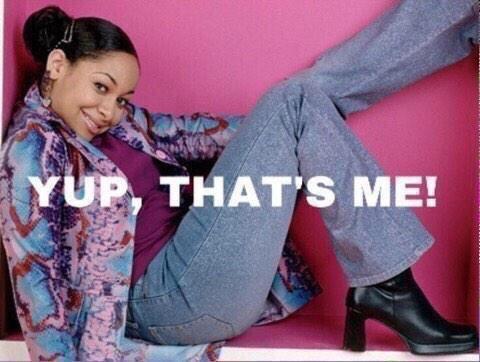“What do you want to do when you grow up?”
“What is your intended major?”
“Why did you choose SCU if you don’t know what you want to do?”
“Where do you see yourself in ten years?”
Every time I hear these questions, I cannot help but cringe a little.
Being undeclared is overwhelming as it is because you are trying to figure out what you are going to do, but it is even harder when you feel as though you are in a program where you do not belong. This was my issue.
When applying to SCU as a senior in high school, I had absolutely NO idea what I wanted to study. I decided to apply to be in the College of Arts and Sciences because there is the most options of majors. However, as I was registering for classes during orientation I started thinking to myself, what am I doing in the College of Arts and Sciences? I always had it in the back of my head that I would be interested in possibly pursuing Marketing, but I could not just easily change to the Leavey School of Business (LSB).
After researching information on LSB, I found that the odds were not in my favor to internally transfer schools, and that I would apply Spring Quarter of my first year at SCU. So that is exactly what I worked to do this year. I worked as hard as I possibly could in all my classes to make sure my GPA could be the best it possibly could; however, I did not expect this to be the only thing to strive for, as I researched what to do incase I did not successfully transfer.
I did a little research and found that I had other options if I stayed in the College of A&S. I learned that SCU has two competitive business fraternities, so I rushed one just to see what it was like. Luckily, I ended up really enjoying it and also got the opportunity to pledge it last quarter.
In addition to that, I found I could declare as a Communication major and a Retail Studies minor, and I would get a very similar education as I would if I were a Marketing major. This is all well and good, but from my research I found that I wanted to be in the business school even more than ever before.
Yes, I can obtain the communication skills I would need in the College of A&S, but the technical and critical thinking aspects of business can only be obtained from the LSB. As an actual marketing major, I will obtain a solid foundation in business processes such as budgeting, generating and interpreting analytical reports, buying strategies, and industry-specific techniques, which is not only what I want to learn, but what I need to learn.
From researching this, I was able to form a very compelling argument for myself as to why I would love to be in the LSB because…
I DID IT!! I was in the library when I received the congratulatory email, and I was filled with so much shock and joy that I freaked out the person sitting across the table from me. She gave me a weird, are you okay? look… I was very much more than okay, I was… A MAZE ING. Might not seem like a big deal to some, but it was to me. It was a highly selective chance for me to transfer and I feel so much better now that I at least feel passionate about what I am going to focus on at SCU.
















































